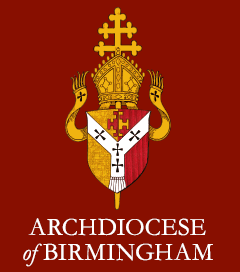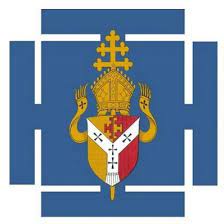Philosophy, Theology and Ethics
|
Edexcel |
|
|
Year 12 |
Year 13 |
|
This course comprises the study of three different areas:
The Philosophy of Religion comprises a study of philosophical arguments about the existence of God, including the Cosmological, Design and Ontological arguments as well as selected problems in the Philosophy of Religion, such as the Problem of Evil and Suffering. The Ethics module includes the study of a range of concepts, issues and debates which relate to war and peace, sexual relationships, the environment, and equality. This year also focuses on three main ethical theories including Utilitarianism, situation ethics and natural moral law. For the New Testament, students take on an in depth study of its social, historical, and religious context. They examine key issues in the Fourth Gospel and Luke’s Gospel, including The Synoptic Problem and questions of purpose and authorship.
|
This year continues the study of the same three areas:
The Philosophy of Religion component focuses on the use of Religious Language and the debate between Science and Religion, including scientific cosmologies. Students will go on to investigate different religious views about Life after Death and begin an exploration of the works of Freud and Marx. The Ethics module likewise explores the works of scholars, including R. Dawkins, G.E. Moore and A.J. Ayer, as well as examining issues in medical ethics at the beginning and end of life. The course also takes in the study of ethical language, deontology, and virtue ethics, with particular reference to Kant and Aristotle. Finally, for the New Testament module, students consider the different ways scripture may be interpreted, Jesus’ conflict with the religious and political authorities, and questions surrounding Jesus’ resurrection. The culmination of this two year course of study is assessment in the form of three exams of two hours each; one exam on each area of study. |
|
Links Well With: Philosophy and Theology links well with different types of subjects, especially the Humanities and English Language or Literature but it is also a popular combination with PE, Business, Biology, Art, and Music. |
|
|
Progression Routes: Teaching, Law, Medicine, Civil Service, Youth Work, Media and Journalism, History and English. |
|
|
Entry Requirements: GCSE Grade 6 Religious Studies. |
|





